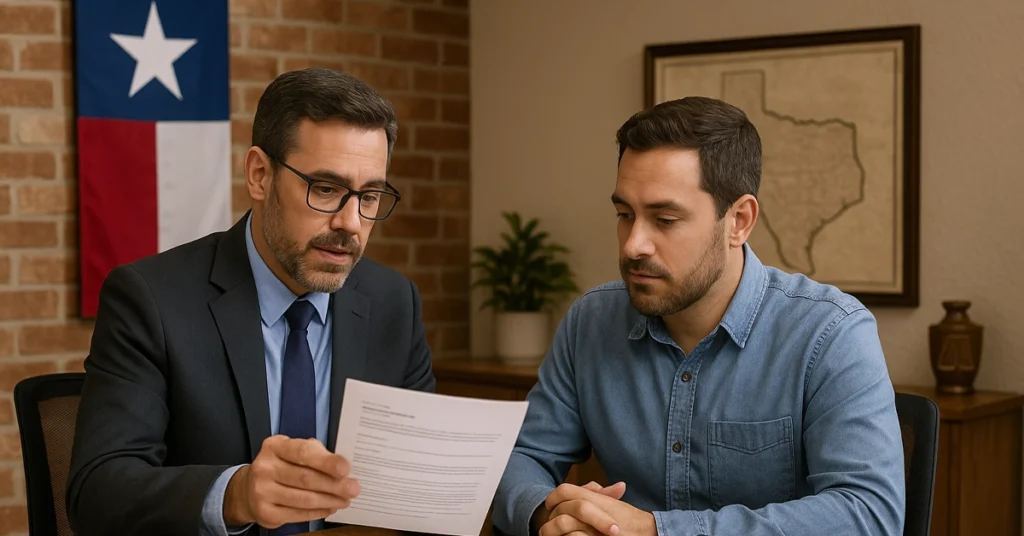Texas debt collection laws are designed to protect consumers from abusive practices while allowing creditors to recover legitimate debts. Whether you’re a business owner, collector, or consumer, understanding these laws is essential for staying compliant and avoiding legal pitfalls.
What Are the Debt Collection Laws in Texas?
Texas debt collection is governed by both state and federal laws:
- Texas Debt Collection Act (TDCA) – Covers both original creditors and third-party collectors.
- Fair Debt Collection Practices Act (FDCPA) – Federal law that applies to third-party debt collectors only.
These laws prohibit:
- Harassment, threats, or coercion
- Misrepresentation of debt amount or legal status
- Contacting third parties about your debt (except for location info)
- Calling before 8 AM or after 9 PM without consent
Collectors must identify themselves, disclose the purpose of the call, and stop contacting you if you request it in writing.
What Is the Statute of Limitations for Debt Collection in Texas?
The statute of limitations for most consumer debts in Texas is 4 years from the date of default or last payment.
| Debt Type | Limitations Period |
| Credit card debt | 4 years |
| Medical bills | 4 years |
| Personal loans | 4 years |
| Auto loans (written) | 4 years |
Making a payment or acknowledging the debt does not restart the clock in Texas.
What You Can Do if a Debt Collector Breaks the Law in Texas
If a collector violates your rights, you can:
- Send a cease-and-desist letter via certified mail
- File a complaint with:
- Sue the collector under the TDCA or FDCPA for damages, attorney fees, and injunctions
Violations may also fall under the Texas Deceptive Trade Practices Act, giving you additional legal remedies.
What Are Debt Collectors Allowed To Do To Collect Debt in Texas?
Debt collectors can:
- Contact you by phone, mail, email, or text (between 8 AM–9 PM)
- Speak with your spouse, attorney, or co-signer
- Send written notices and request payment
They cannot:
- Threaten arrest, violence, or legal action they don’t intend to take
- Use obscene language or harass with repeated calls
- Misrepresent themselves as attorneys or government officials
- Garnish wages for consumer debt (except for child support, taxes, or student loans)
- Seize your home if it’s declared a homestead under Texas law
Need Help With Debt Relief? Here Are Some Options
Texans have access to several debt relief strategies:
| Option | Description |
| Debt Management Plan | Consolidates payments with reduced interest via nonprofit credit counseling |
| Debt Settlement | Negotiate to pay less than owed (may impact credit score) |
| Debt Consolidation Loan | Combine debts into one loan with lower interest (requires good credit) |
| Bankruptcy | Legal discharge of debt (Chapter 7 or 13) – last resort |
| DIY Budgeting Tools | Free resources for managing spending and repayment |




